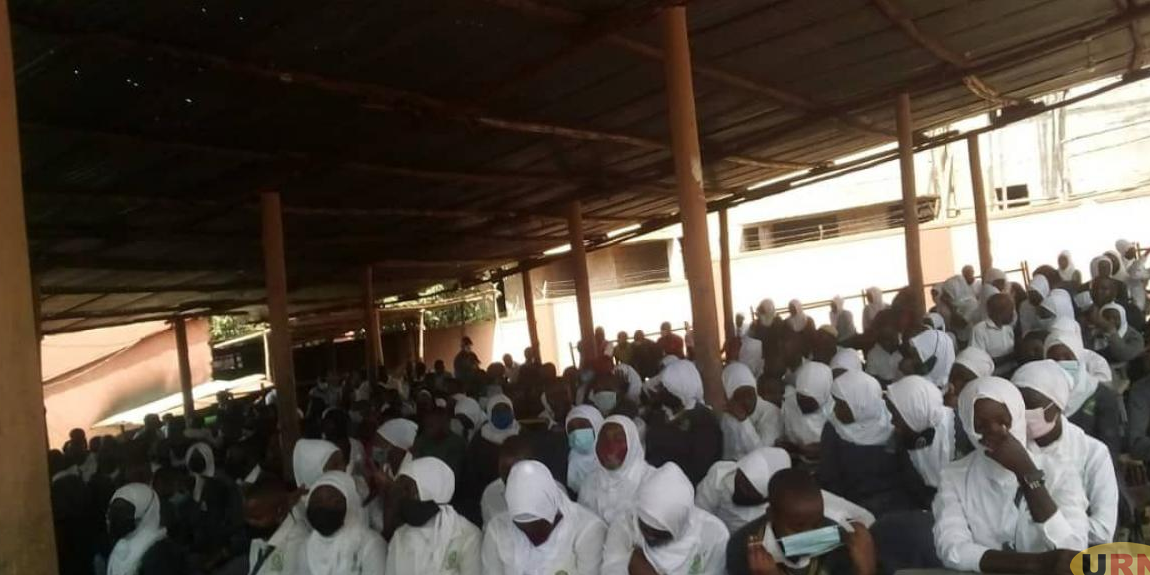The Ministries of Health and Education have resorted to vaccinating learners as the best way to control the spread of COVID-19 in learning institutions due to non-compliance by schools to feed data into the school surveillance system.
Prior to the re-opening of schools, the government drafted guidelines aimed at creating safe environments for schools amidst the COVID-19 pandemic. One of these was the school surveillance system that was supposed to enable health and education officials to easily identify possible clusters of disease.
Schools were expected to provide daily updates about suspected COVID-19 cases in their institutions and whether they presented with symptoms or not. However, information from the health and education ministries shows that few schools have been submitting reports, which has created a blind spot.
A source in the ministry told URN on condition of anonymity that it is difficult to track COVID-19 cases in schools at the moment due to several loopholes in the surveillance system. “Very few schools are reporting to this surveillance tool, actually they are not more than 300 yet we have hundreds of thousands of schools in the country,” the source said.
Now, officials from the health ministry have decided to carry out mass vaccination campaigns in schools. Reports from the health ministry indicate that preparations are ongoing to vaccinate at least 6.8 million children aged 12 to 17 years against COVID-19 as soon as May this year.
Emmanuel Ainebyona, the Ministry of Health spokesperson, says that currently, they are quantifying data to be used in the programme before they roll it out. Although Ainebyona didn’t disclose the dates of the vaccination exercise, URN understands that the campaign might kick-off when learners report to school for the second term.
Vaccination of children was first proposed as one of the prerequisites for school reopening in August last year. Experts slammed the government’s proposal, saying that it was unrealistic as the country’s vaccine stocks at the moment were few and sporadic.
Health ministry officials resumed the proposal to vaccinate children when the country’s vaccine stocks increased yet the number of adults willing to be vaccinated was waning. Data from the Uganda National Expanded Programme on Immunization indicates that the country has received more than 44 million doses of vaccines.
However, less than 18 million people are fully vaccinated. Ainebyona says that with more serious strains of the virus being reported as more countries abroad get back into COVID-19 induced lockdowns, vaccination of children is seen as one of the means to reduce transmission and infections as opposed to fighting severe illness among children.
The commissioner in charge of reproductive and school health, Dr Jessica Nsungwa Sabiti, says there is still hope for the surveillance system to work. She confessed that the system still has some challenges with many teachers or those in charge failing to report on time. She also noted that the surveillance has also been affected by limited funding and the unavailability of staff to run the program.
“This is a new programme. It has just been established and challenges were expected but it will eventually work out. We expect more funding in the coming financial year. We are also carrying out training for teachers,” she added
The proposed vaccination of children comes at a time when the ministry is still struggling to cover the different categories of people above 18 years. Currently, Uganda has been able to administer 14.6 million first doses while only 9.1 million have been able to receive two doses.



